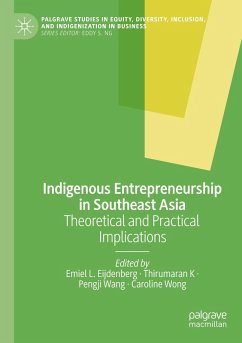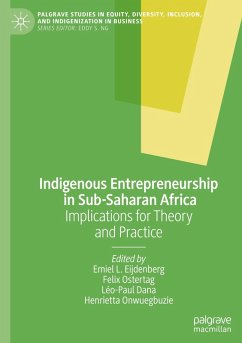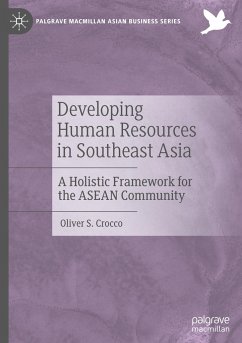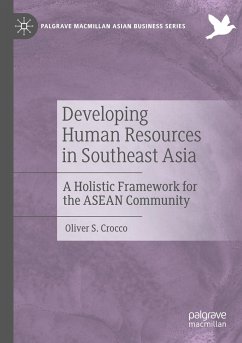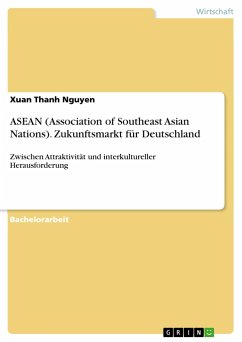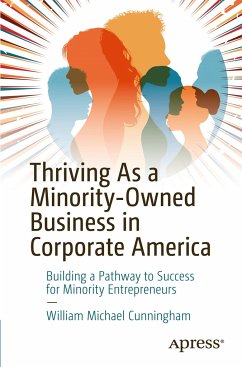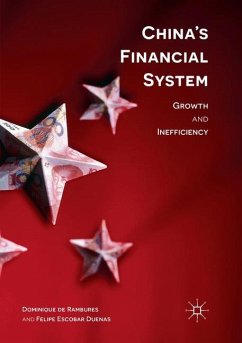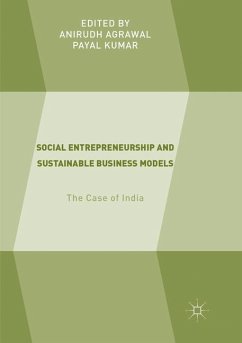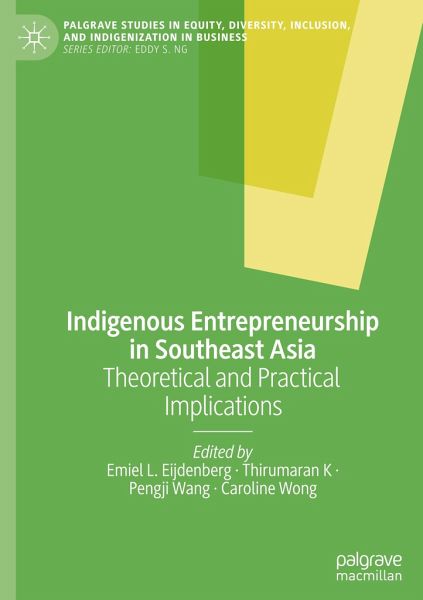
Indigenous Entrepreneurship in Southeast Asia
Theoretical and Practical Implications
Herausgegeben: Eijdenberg, Emiel L.; K, Thirumaran; Wang, Pengji; Wong, Caroline

PAYBACK Punkte
57 °P sammeln!
This book provides an in-depth exploration of indigenous entrepreneurship and its challenges while addressing ways to make businesses more inclusive and sustainable in the long term. Offering a balanced mix of critical perspectives, theoretical insights and practical implications, provided by both academics and practitioners, it examines how indigenous entrepreneurship practices in Southeast Asia challenge existing theories in business and management research. The chapters also explore the role of various stakeholders, such as the larger community and society, supply chain members, policy-make...
This book provides an in-depth exploration of indigenous entrepreneurship and its challenges while addressing ways to make businesses more inclusive and sustainable in the long term. Offering a balanced mix of critical perspectives, theoretical insights and practical implications, provided by both academics and practitioners, it examines how indigenous entrepreneurship practices in Southeast Asia challenge existing theories in business and management research. The chapters also explore the role of various stakeholders, such as the larger community and society, supply chain members, policy-makers, etc., in facilitating indigenous entrepreneurship.
Highlighting the uniqueness and diversity of indigenous entrepreneurship in Southeast Asia, this book renders a comprehensive overview of contemporary indigenization topics, organized by Southeast Asian cultural and national contexts.
Highlighting the uniqueness and diversity of indigenous entrepreneurship in Southeast Asia, this book renders a comprehensive overview of contemporary indigenization topics, organized by Southeast Asian cultural and national contexts.





